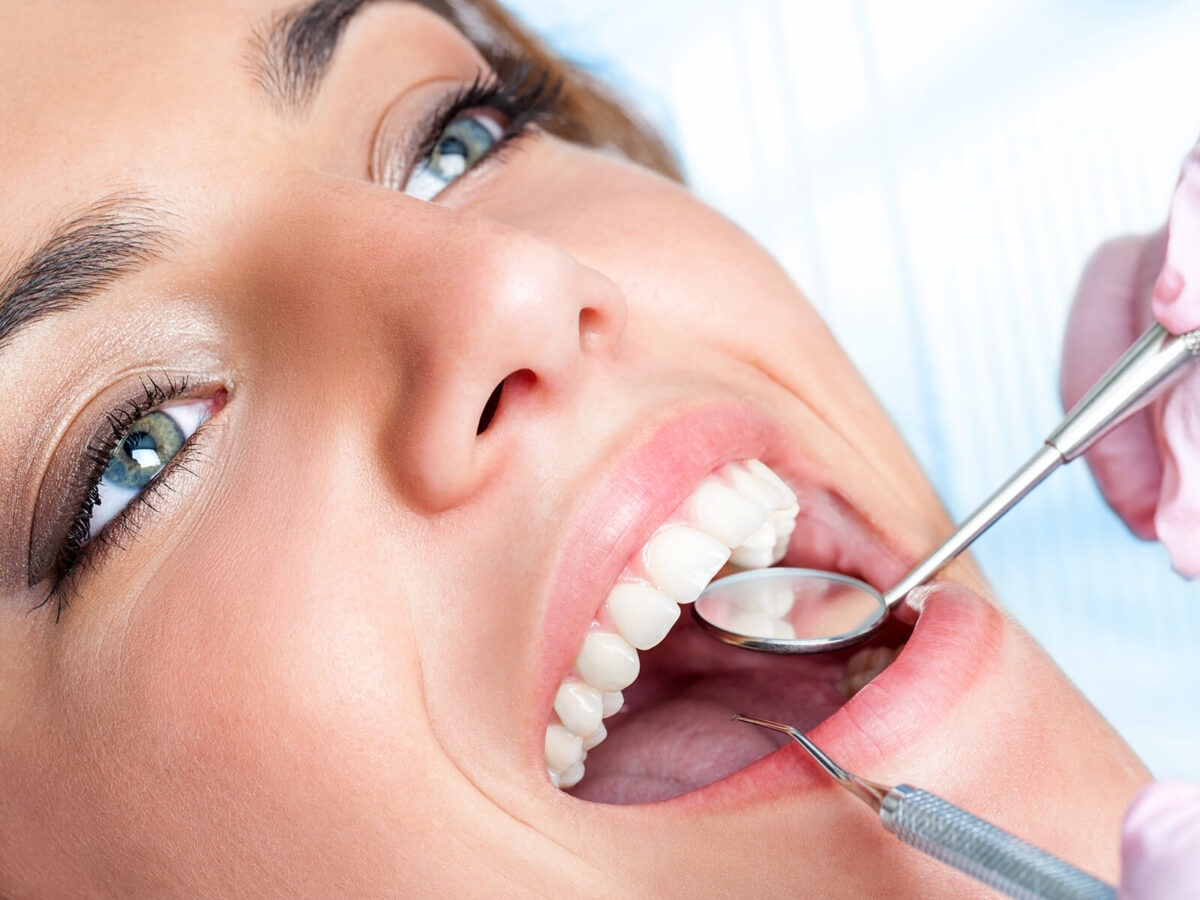Blog
Dental hygiene tips for healthy teeth & gums

4 Things You Should Know About Oral Cancer
Today, we will discuss about oral cancer, a crucial topic that needs more attention. Here are four essential things about oral cancer awareness that you should know. Let’s go! Get ready to be aware!
What is Oral Cancer?
What does oral cancer mean? It is the first question related to oral cancer awareness, that needs an answer. Cancers of the mouth and oropharynx include the tonsils, back of the throat, and tongue base. These are all called oral cancers.
People with these oral tumors may have blisters in their mouths that won’t go away. Those suffering have cheeks that get thicker or lumpier, trouble eating or swallowing, and changes in their voice. Sometimes, people find it difficult to swallow.
They can find and treat oral cancer more quickly if they know its signs. Regular dental check-ups are essential for early detection of oral cancer. Once the cancer is detected, you should consult an oncologist immediately.
What are the Causes of Oral Cancer?
Even though the exact cause of mouth cancer isn’t always clear, several things can make it more likely to happen. Some of the most common things that can lead to oral cancer are smoking, drinking too much alcohol, and having a human papillomavirus infection.
Using tobacco, whether you smoke it or chew it, is a big cause of oral cancer. Carcinogenic chemicals in cigarette smoke can hurt oral cells and raise the risk of getting cancer. Not eating enough fruits and veggies and being in the sun for too long can cause oral cancer in some cases.
Prevention Measures for Oral Cancer
You can do several things to make you less likely to get this sickness. These measures are needed to increase cancer awareness before getting the disease:
- Not using any tobacco is the most important thing. If you smoke, you should get help to stop. If you chew tobacco, you might want to try something else.
- Reducing alcohol use and eating lots of fruits and vegetables are two more ways to lower your risk.
- Regular check-ups with the dentist are vital for finding mouth health problems early on. If more tests are needed, your dentist can complete an evaluation and offer them.
- Also, you must practice good oral care daily, like brushing and flossing, to keep your mouth and gums healthy.
Treatment for Oral Cancer
Oral cancer can be treated in several ways, depending on its state and location. The main way to treat oral cancer is to remove the damaged area surgically. It is followed by radiation therapy and chemotherapy.
Surgery is usually the first thing that is done to treat mouth cancer. The goal of surgically removing a malignant growth is to keep as much good tissue as possible. Sometimes, cosmetic surgery is needed to fix how the mouth looks and works.
Radiation therapy aims to use high-energy photons to target and kill cancer cells. Doctors use it alone or with other treatments, like surgery or chemotherapy. It is possible to give chemotherapy before or after surgery to shrink the growth or get rid of any remaining cancer cells.
A mix of these approaches may work better to treat oral cancer. Working closely with dentists and oncologists is very important to make a complete treatment plan that fits your needs.
Conclusion
In short, oral cancer is a major health problem that needs more attention and help from people. To lower your chances of getting oral cancer and improve your chances of a good treatment, it’s important to know the risk factors.
You need to know about cancer awareness, care for certain things, and get immediate help. Remember that the health of your teeth and gums directly affects your wider health. So, stay aware and take care of your oral health.
